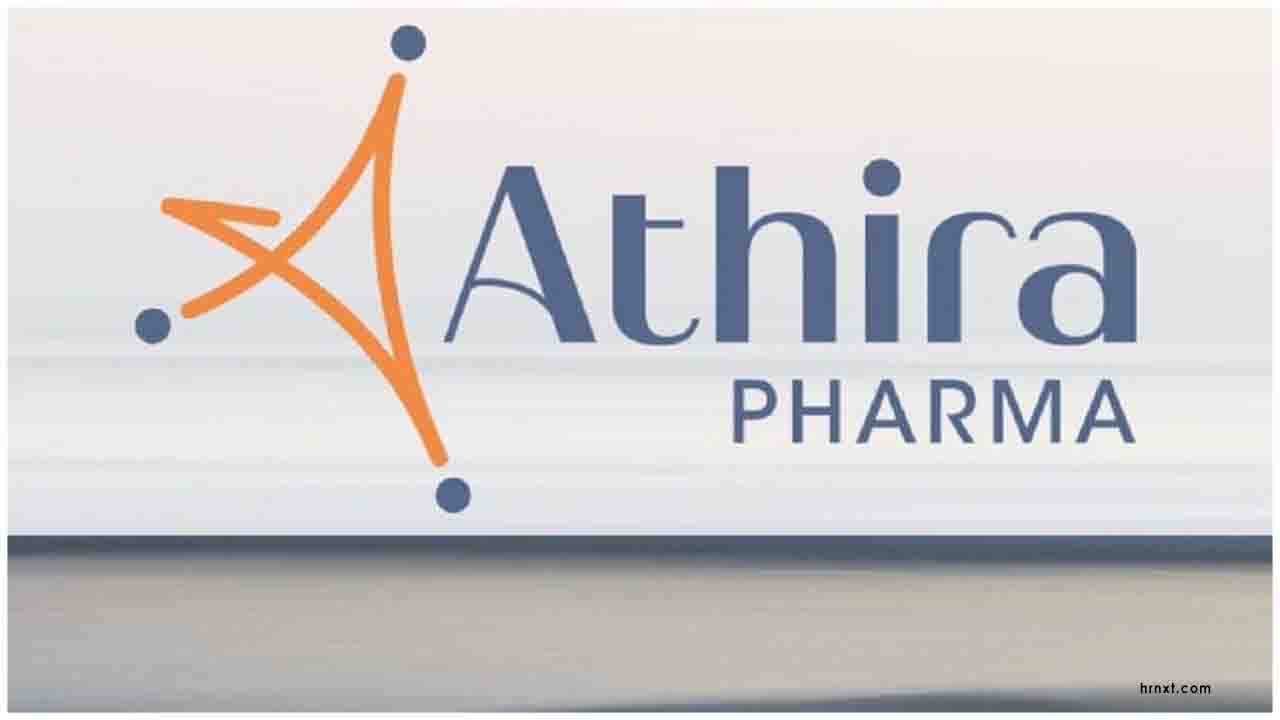Athira Pharma, Inc. a late clinical-stage biopharmaceutical company focused on developing small molecules to restore neuronal health and stop neurodegeneration, today announced that patient dosing has begun in ACT-AD, a Phase 2 randomized, placebo-controlled study of ATH-1017 in patients with mild-to-moderate Alzheimer's disease. ATH-1017 is a small molecule therapeutics designed to enhance the activity of Hepatocyte Growth Factor (HGF) and its receptor, MET, which are expressed in the central nervous system, in order to promote brain health and function.
The Phase 2 ACT-AD clinical trial (www.act-adtrial.com, clinicaltrials.gov identifier NCT04491006) will enroll up to approximately 75 individuals with mild-to-moderate Alzheimer’s disease in the United States and Australia. Similar to the company’s LIFT-AD trial, participants in the ACT-AD will be randomized across two dose groups and one placebo group on a 1:1:1 basis to receive a daily subcutaneous injection of ATH-1017 or placebo over a treatment course of 26 weeks and will be evaluated for improvement in cognition, global, and functional assessments comparing treatment arms to placebo. ACT-AD will also use electroencephalogram (EEG), to measure quantitative electroencephalogram (qEEG), and Event-Related-Potential (ERP P300), a functional measure of working memory processing speed and executive function. Results from the ACT-AD trial may provide Athira with supportive information that can help optimize the LIFT-AD as a potentially pivotal trial.
“This Alzheimer’s treatment approach is innovative and novel. As part of the study design, the use of qEEG and ERP 300 as physiological outcome measures and indicators of improved function in brain networks could be highly valuable to the field as a whole, ” said Charles Bernick, MD, MPH, Clinical Professor, University of Washington School of Medicine, Department of Neurology, Co-investigator, University of Washington Alzheimer’s Disease Research Center and Director of Clinical trials, UW Medicine Memory & Brain Wellness Center.
"The initiation of our second late-stage study for ATH-1017 represents a significant milestone for Athira as we advance our clinical program to treat this area of immense medical need," said Hans Moebius, M.D., Ph.D., Chief Medical Officer at Athira. "Athira’s novel treatment approach is agnostic to the underlying disease pathology of Alzheimer’s and other dementias. It focuses on network recovery and information transmission in the brain, which has the potential to improve clinical outcomes for patients. Our goal, with both this ACT-AD study and the LIFT-AD study, is to demonstrate the clinical utility of this promising agent to treat Alzheimer’s disease and preserve cognitive health."
About ATH-1017
ATH-1017 is a small molecule therapeutic specifically designed to enhance the activity of Hepatocyte Growth Factor (HGF) and its receptor, MET, which are expressed in normal central nervous system function, in order to impact neurodegeneration and regenerate brain tissue. In addition to Alzheimer’s disease, ATH-1017 is designed to address the broader dementia population, including Parkinson’s disease dementia.
Athira’s completed Phase 1a/b clinical trials of ATH-1017 for the treatment of Alzheimer's disease established that the treatment was generally well-tolerated at all tested doses. Measures evaluating brain function with a quantitative electroencephalogram (qEEG) also produced a strong suite of translational data.
Additionally, a statistically significant improvement in Event-Related Potential (ERP) P300 latency, an objective measure of working memory processing speed, was noted in patients with Alzheimer’s disease following multiple-dose treatments with ATH-1017 compared with those receiving placebo.
About Athira Pharma, Inc.
Athira, headquartered in Seattle, is a late clinical-stage biopharmaceutical company focused on developing small molecules to restore neuronal health and stop neurodegeneration. We aim to provide rapid cognitive improvement and alter the course of neurological diseases with our novel mechanism of action. Athira is currently advancing its lead therapeutic candidate, ATH-1017, a novel small molecule for Alzheimer’s and Parkinson’s dementia.

 Athira Pharma, today announced that patient dosing has begun in ACT-AD, a Phase 2 randomized, placebo-controlled study of ATH-1017 in patients with mild-to-moderate Alzheimer's disease.
Athira Pharma, today announced that patient dosing has begun in ACT-AD, a Phase 2 randomized, placebo-controlled study of ATH-1017 in patients with mild-to-moderate Alzheimer's disease.









.jpeg)

.jpeg)










.jpg)




.jpg)

